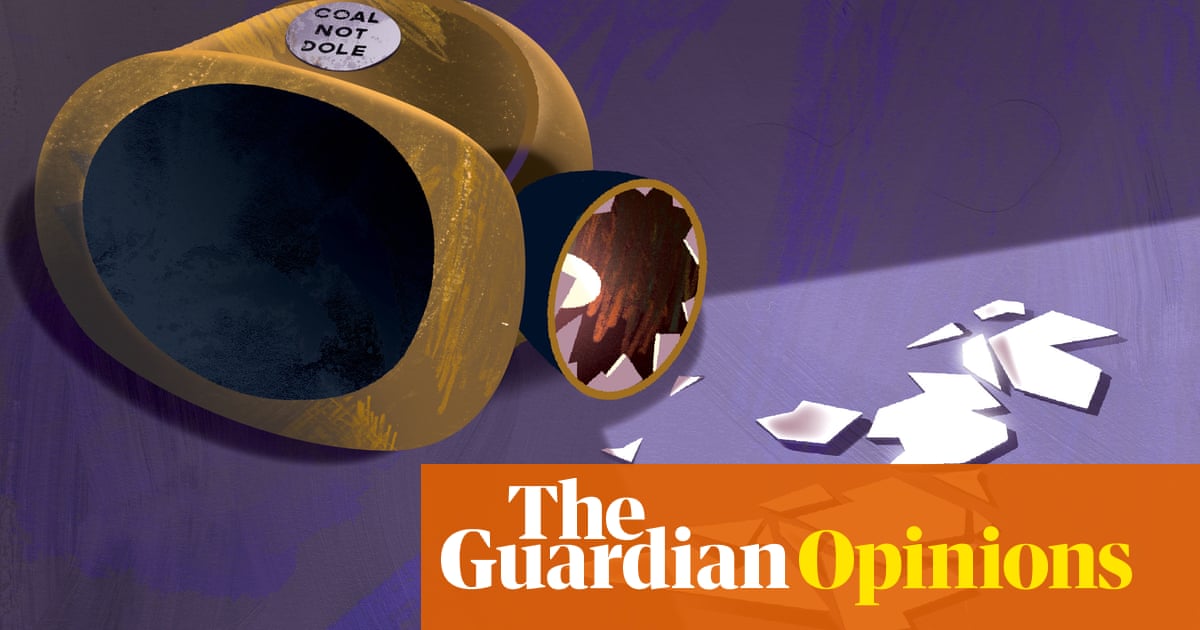
ust as it looked as though Nicola Sturgeon’s political career might be culled, James Hamilton – the lawyer tasked with deciding if she had broken the ministerial code – stepped into the colosseum of Scottish politics and gave her an imperial thumbs-up.
After months of speculation, the former director of public prosecutions in Ireland cleared the first minister of all alleged breaches, thus effectively scuppering the Conservatives’ vote of no confidence, due today.
Sturgeon does not emerge unscathed. The report from a separate parliamentary inquiry – published this morning – highlights serious failings in the Scottish government’s investigation into the initial harassment allegations against her predecessor, Alex Salmond, and the judicial review that ruled that investigation unlawful.
The members of yesterday’s parliamentary inquiry voted 5-4 to find Sturgeon had misled them, and therefore the Scottish parliament, over a series of meetings she held with Salmond and his former chief of staff, Geoff Aberdein. It stopped short of saying she had done so “knowingly”.
But the credibility of that parliamentary inquiry has been undermined by delays and leaks and partisanship. And it was never, in any case, the ultimate arbiter of breaches of the code, perceived as the most likely route to Sturgeon’s resignation. In terms of her survival, Hamilton’s report was always going to be the one that mattered. And it turned out to be a stronger endorsement of the first minister than many people had anticipated.
Hamilton compared Salmond’s version of events with his successor’s and, mostly, found her to be the more persuasive witness. Sturgeon told Holyrood she had first heard about the sexual harassment allegations when Salmond came to her house on 2 April 2018. Salmond questioned the idea she could have “forgotten” about a meeting with Aberdein four days earlier. But Hamilton wrote: “What tilts the balance towards accepting the first minister’s account for me is it is difficult to think of any convincing reason why, if she had in fact recalled the meeting, she would have deliberately concealed it while disclosing all the conversations she had with [Salmond].”
Hamilton pointed out that, while there was a dispute over whether or not she had agreed to intervene on Salmond’s behalf at the 2 April meeting, “the fact is she did not intervene”. And he accepted her logic that it would have been impossible to record the 2 April meeting “without a risk of prejudicing the proceedings or interfering with [the alleged victims’] confidentiality”.
Hamilton’s vindication of the first minister – two days before Holyrood goes into election recess – means that the battle to bring down Sturgeon has failed; but it has repercussions way beyond her personal fate.
Her resignation would have destabilised the SNP just as it was about to go into campaign mode. One of the flaws of her leadership has been the lack of a succession plan. With several senior MSPs now standing down, it is almost impossible to think of anyone to replace her.
It would have had a negative impact on the wider movement, too. The rise in support for independence, which peaked at around 56% last year, is so closely bound up with Sturgeon’s popularity that a blow to her is a blow to the cause.
Yesterday the SNP published a draft bill for a second independence referendum that “would let people decide what kind of country they wanted to build once the public health crisis is over”. But the odds of that becoming a reality depend on the party’s electoral performance. An SNP majority would be held up as a mandate for indyref2, just as its 2011 majority was held up as a mandate for indyref1.
There is little chance of the party losing the power it has held on to for 14 years. But recent polls have shown a drop in the SNP’s predicted support, raising the prospect of another hung parliament. Support for independence is now hovering around the 50% mark.
Sturgeon’s problems are not over. The opposition parties will continue to ask legitimate questions, on the back of both reports, about the botching of the process and the Scottish government’s apparent lack of transparency. And yet there is a spring in Sturgeon’s step again. Emboldened by Hamilton’s verdict, she has good reason to hope this will mark a fresh start.
Meanwhile, the Scottish Conservatives must be having doubts about their own election strategy. By focusing on the Scottish government’s failings, they hoped to present themselves as the party of integrity. Instead, their decision to table a motion of no confidence before Sturgeon had appeared before the committee undermined any pretence of neutrality.
The challenge for all the opposition parties is that, having turned this election into a referendum on Sturgeon’s leadership, they have been stymied. She’s not going anywhere. The best they can do is to push for the toppling of others, such as the permanent secretary, Leslie Evans, who oversaw the original Scottish government investigation; but her scalp would be a poor substitute for that of the first minister.
There is also a backlash after the testimony of the two original complainers, who appeared in private, was leaked to a Sunday newspaper: a major breach of trust.
The women told the committee about a toxic culture they said prevailed when Salmond was first minister. Yet the newspaper headline implied their evidence raised fresh questions for Sturgeon rather than him.
This was one of a series of attempts to make Sturgeon accountable for Salmond’s alleged actions. There is no doubt the Scottish government made serious mistakes. Yet the prospect of the country’s first female leader resigning over events that flowed from allegations against her male predecessor would have been galling when set in the context of the #MeToo movement.
In the final published version of the parliamentary report, the two complainers talk about their fears that the “circus” that developed will discourage others from coming forward. Hopefully, their powerful testimony and the scrutiny applied to the Scottish government will lead to the development of a process women can finally place their trust in.
Dani Garavelli is a journalist and columnist for Scotland on Sunday












